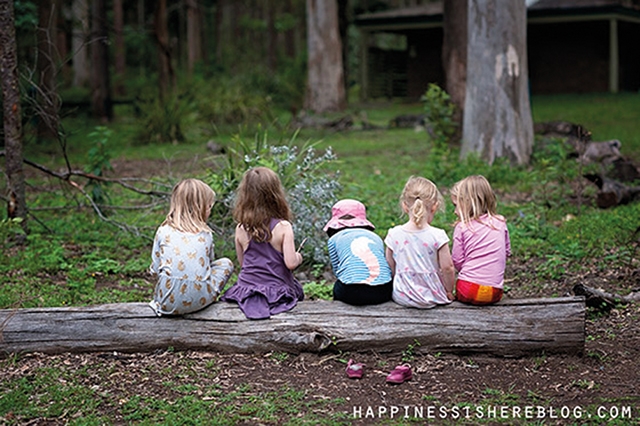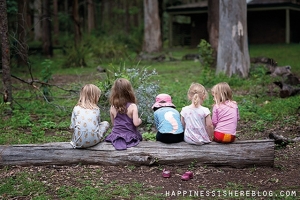Should Your Children Be Unschooled?
For parents exploring alternatives to traditional classroom education, the conversation has for many years centered around structured homeschooling. In recent years, child-led "unschooling" has emerged as another alternative to prescriptive classroom curriculum.
Children who are considered unschooled do not take tests and follow an educational plan, instead electing to pursue their unique interests and passions and learn from real-world experiences. This may include helping with household responsibilities, learning life skills, traveling, engaging with mentors, and attending elective classes related to areas and skills of interest, among other things. The theory behind the educational strategy is that children learn in a more meaningful way, are more adept at grasping concepts, and benefit more in the long run from what they're learning when they direct the subject material.
The emergent concept was first described as unschooling in the 1970s by its original proponent, John Holt, an educator and advocate for homeschooling and self-directed education. The movement wasn't quick to catch on at first, but its introduction to the homeschooling community at large brought it to the attention of curious parents and created the first generation of unschooled kids. Though unschooling has grown quite significantly in popularity since then, scientific studies to back up the veracity of Holt's claims have been few. Notably, though, the studies that have been performed point to positive outcomes for kids who engage in self-led education.
One 2011 study performed by Boston College psychology professor Peter Gray, Ph.D. and educational psychologist Gina Riley, Ph.D. was particularly illuminating when it comes to handling some of the overarching practical concerns of unschooling opponents. While some worry that a lack of structure could be problematic in failing to create motivation, Gray and Riley's study revealed that, of 75 grown children of homeschooling assessed, many felt that they were more self-motivated than their peers as a result of their early ability to choose their own path.
Another concern that's quick to come to the parental mind is that of higher education -- without elementary and secondary learning, will it be accessible to children? As it turns out, the answer is yes; Gray and Riley's study went on to note that 83% of the adults assessed had participated in some type of higher learning, with 44% working on or possessing a bachelor's degree. This may be due in part to the increased sense of personal responsibility the study's participants report feeling as a result of their self-directed educational experience. The importance of proper socialization in child development is an argument often used against both homeschooling and unschooling, but the study found parents of participants reporting the experience of a rich social life filled with many people of different ages, creating broader world views and making their children more socially able.
Emerging unschooling studies have gone on to reveal some surprising data in favor of unschooling. One 2014 study on child-led free play noted that when kids have the opportunity to direct their own activities, they feel less stress and anxiety, have a better understanding of their own needs, and are more resilient in stressful and anxious situations. A 2002 study on the role of play in creativity demonstrated that when one group of children was given the chance to play in a manner of their choosing before an art project, they were more creative than a second group who had been given an educational task beforehand. Finally, a secondary 2013 study by Peter Gray noted that many of the 232 respondents to his survey on unschooling families reported that their experience had brought them closer to their children and increased the quality of their sibling relationships.
The face of education is changing drastically in the wake of safety and ethics concerns and an evolving understanding of the fact that learning styles and educational needs vary significantly between children. Is unschooling the future of education? It's hard to say -- though the number of families embracing the practice is growing, it's still far from the norm. While the number of studies available on the outcomes of unschooling remains sparse, the increase in its popularity will likely help to create a better understanding of the impact of unschooling in the coming years.
By Arthur Grant











